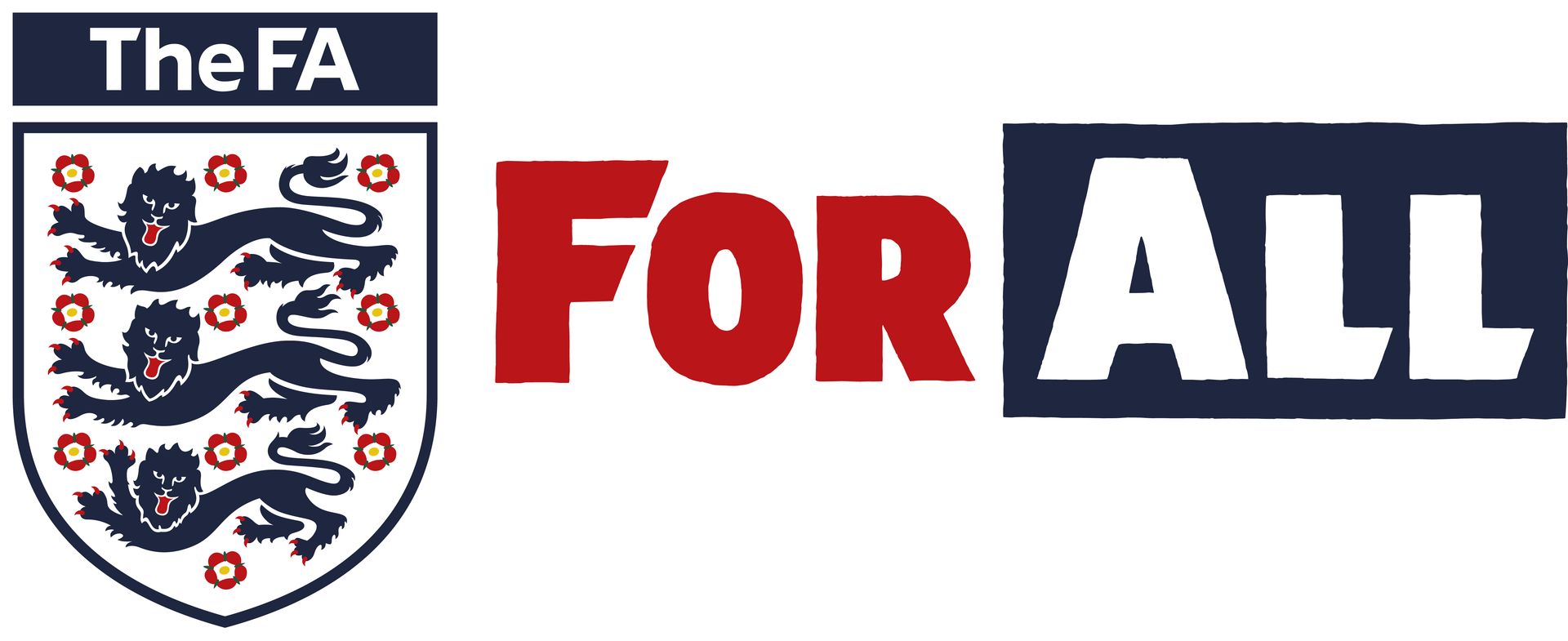Southgate deepfake video captures public attention

Southgate deepfake video clips have recently gained attention, particularly in the context of Euro 2024. These AI-generated videos feature England head coach Gareth Southgate and purport to show him making derogatory comments about his players. The Football Association (FA) has labeled these videos as “offensive,” and they have sparked widespread debate and concern among fans and officials.
The Southgate deepfake video clips have been circulating on social media platforms such as TikTok and Instagram, where they have been viewed by millions.
Southgate deepfake video becomes one of manyThe emergence of the Southgate deepfake video phenomenon highlights the rapid advancement and increasing accessibility of deepfake technology. Deepfakes are AI-generated videos that manipulate existing footage to create realistic but entirely fabricated content. In the case of the Southgate deepfake video clips, AI voice generators and facial animation technologies have been used to create convincing imitations of Southgate delivering press conferences.
These videos have not only been widely viewed but also believed by some viewers, leading to confusion and misinformation. Comments on social media indicate that some fans took the derogatory remarks about players such as Phil Foden, Jordan Henderson, Jack Grealish, and Marcus Rashford at face value. This illustrates the potent impact of deepfakes and the challenges they pose in discerning truth from fiction.
Viral impact on social mediaThe Southgate deepfake video clips have gone viral on platforms like TikTok and Instagram, reaching a vast audience and generating mixed reactions. Some fans found the content humorous, seeing it as a form of classic British satire. This perspective is reflected in statements from England supporters in Germany, who described the videos as “funny” and “harmless fun.” They likened it to stereotypical British humor that helps build morale and keep people entertained.
 The Football Association (FA) has condemned these AI-generated videos as “offensive,” sparking widespread debate among fans and officials (Image credit)
The Football Association (FA) has condemned these AI-generated videos as “offensive,” sparking widespread debate among fans and officials (Image credit)
However, the FA has taken a firm stance against these videos, stating that they are harmful and offensive. The association has been proactive in seeking the removal of such content from social media platforms. Despite the humorous reception by some, the FA’s concern underscores the potential damage that deepfake videos can cause, especially when they spread misinformation about public figures and events.
Challenges of regulating AI-generated contentThe Southgate deepfake video controversy brings to light the broader challenges of regulating AI-generated content on social media. Platforms like TikTok and Instagram have policies in place to manage harmful content, but enforcing these rules can be difficult. Shortly after the BBC approached TikTok regarding several videos, the content was removed due to repeated violations of the platform’s policies. Meta, the parent company of Instagram, has also been reviewing the material.
Deepfake detection must become the collaborative effort of our age
The difficulty in managing deepfake content lies in striking a balance between allowing creative expression and preventing harm. As digital forensics expert Professor Hany Farid points out, while satire has long been a part of political and social commentary, deepfake videos present a new and more insidious form of manipulation. The ability to create highly realistic videos with minimal data means that anyone, regardless of their public profile, can be targeted.
There are multiple incidents that underscore the need for robust regulatory frameworks to address the challenges posed by deepfake technology. The potential for deepfakes to spread misinformation, damage reputations, and disrupt social order is significant. While social media platforms are beginning to take action, there is still much work to be done to develop effective strategies for identifying and removing harmful content and public awareness and proactive regulation will be key in navigating the complexities of this new digital landscape..
Featured image credit: kjpargeter/Freepik
